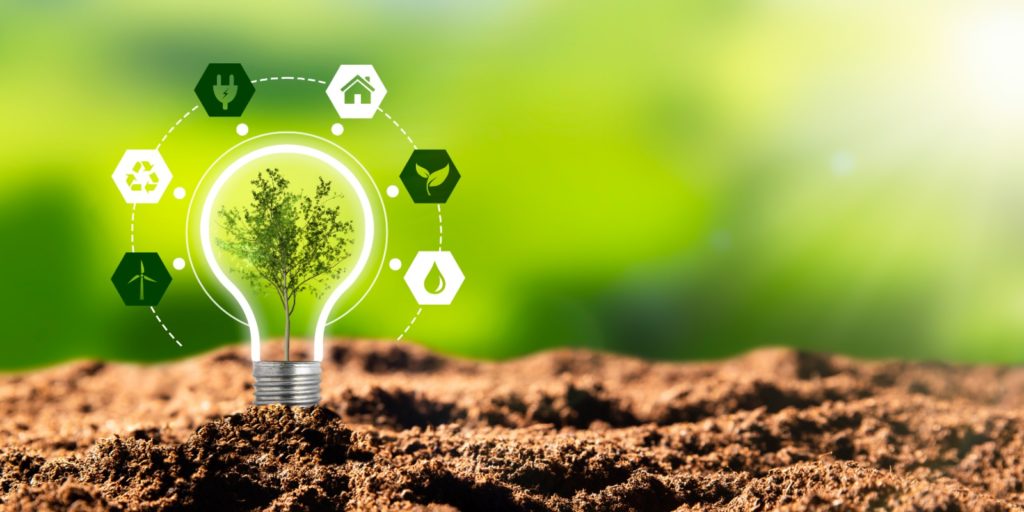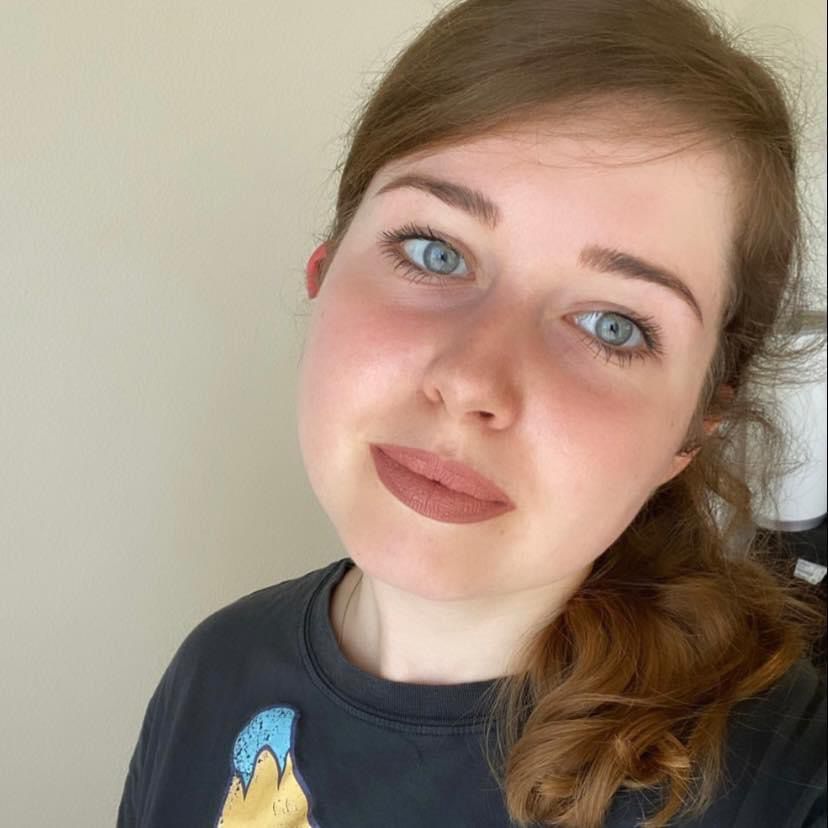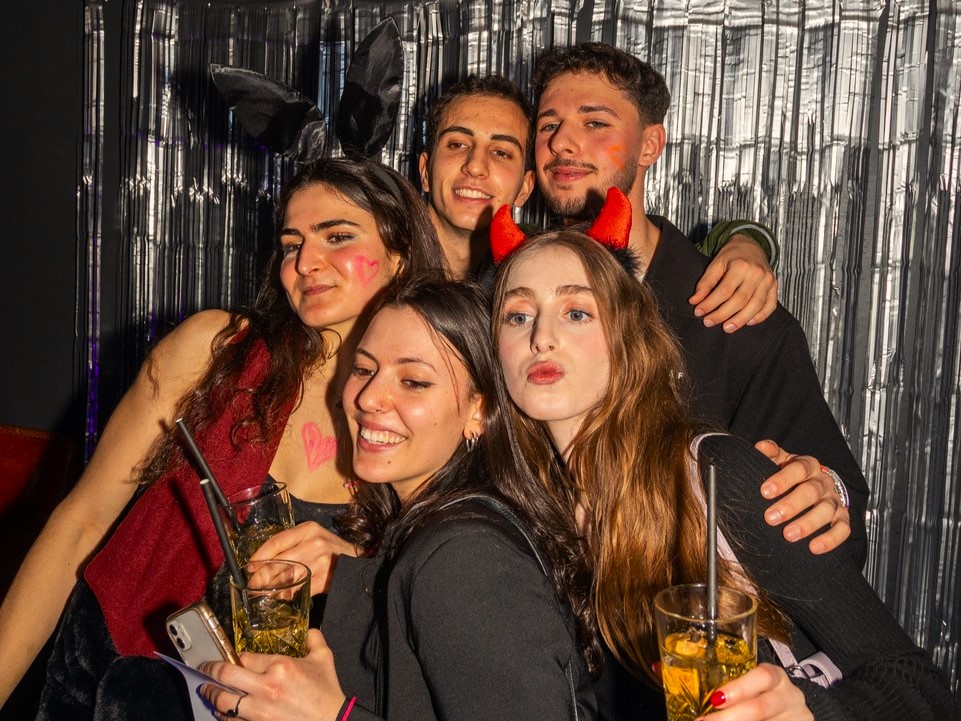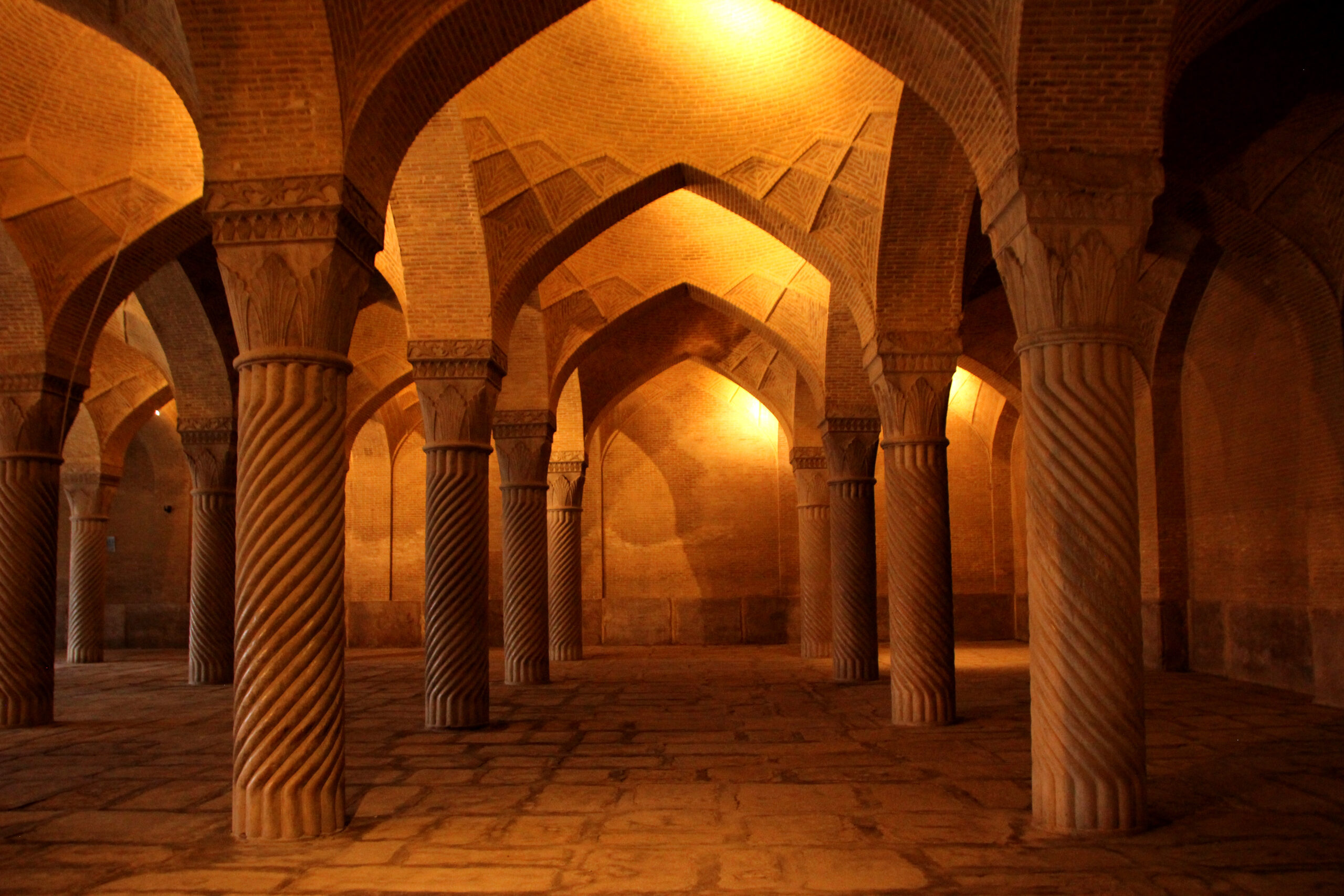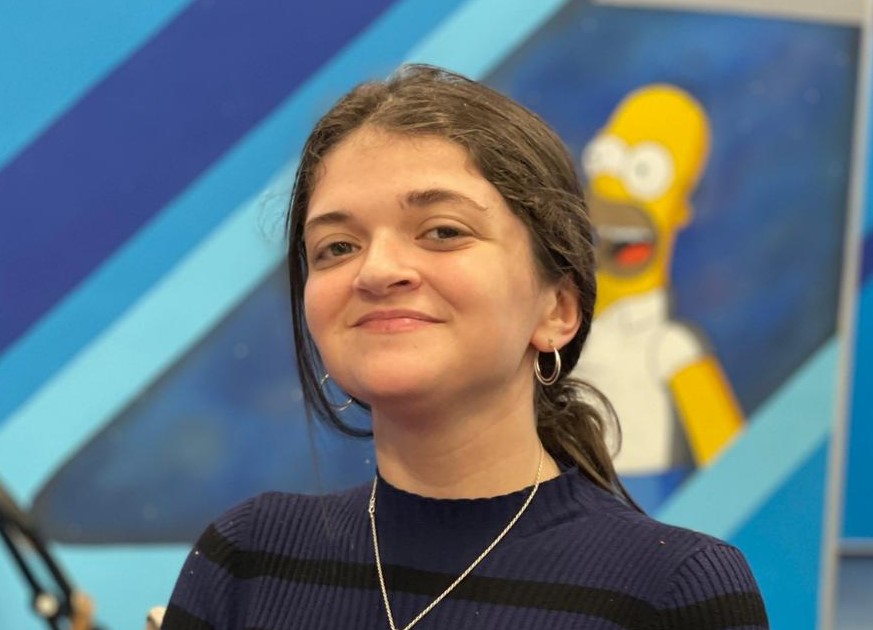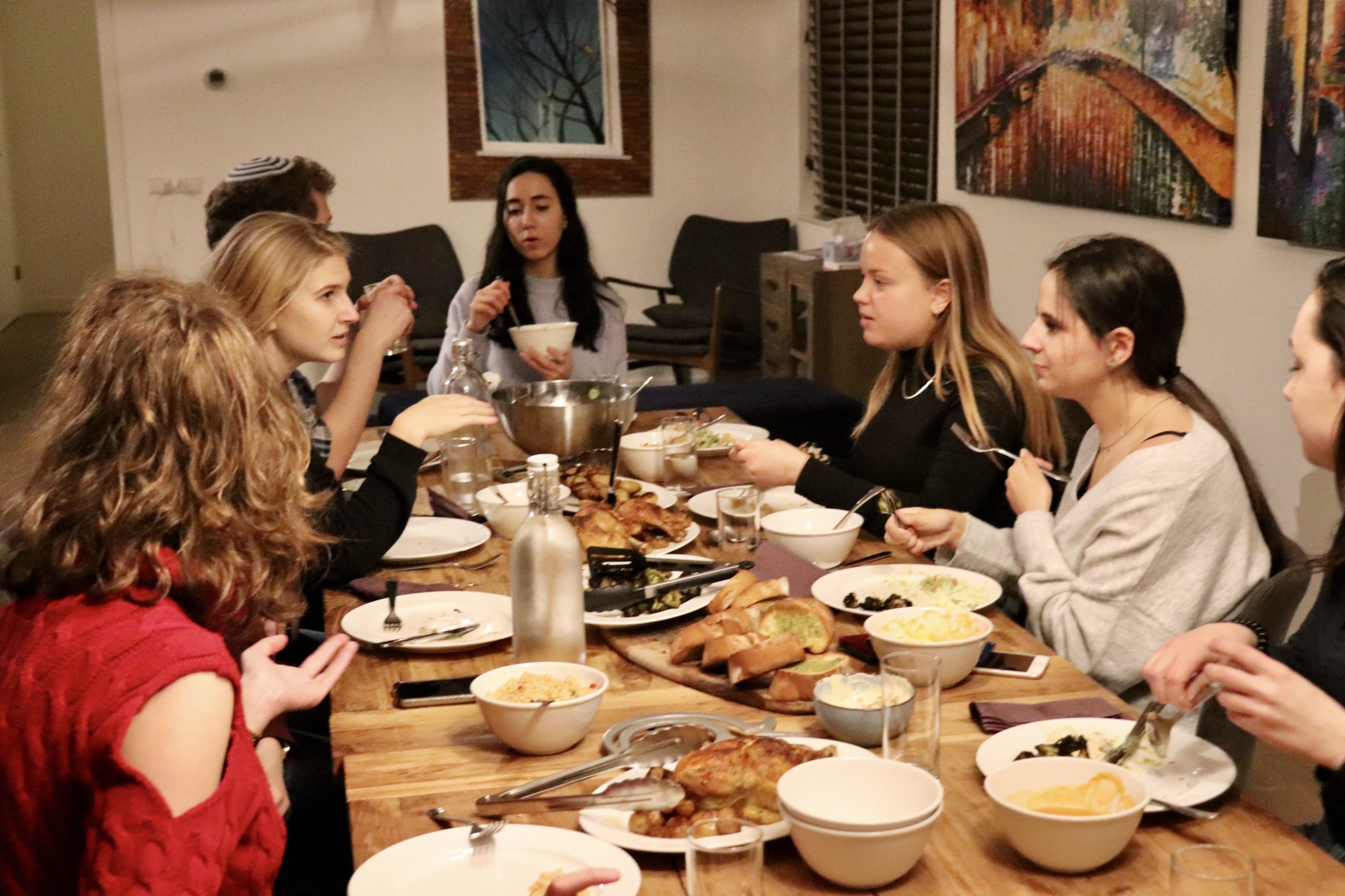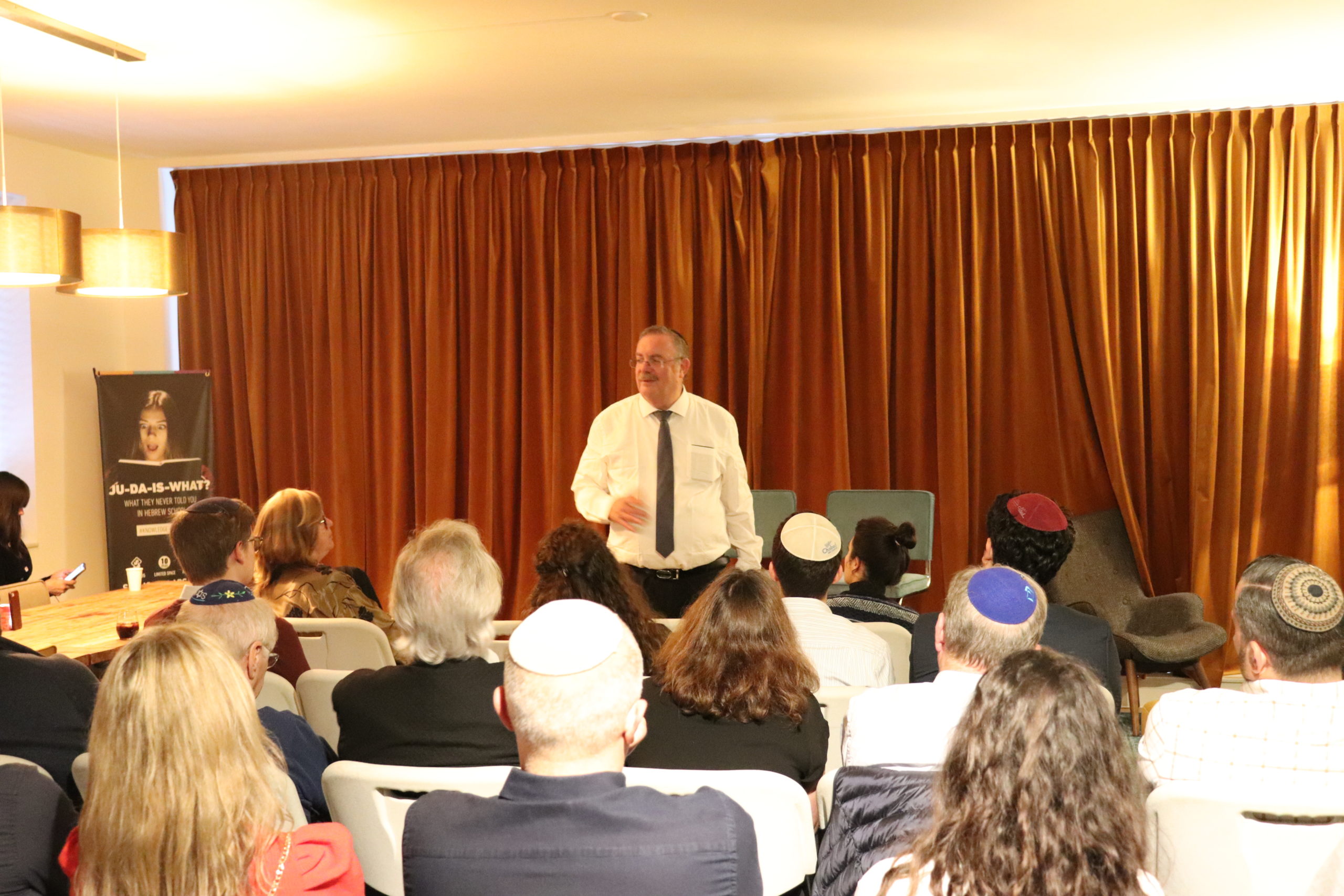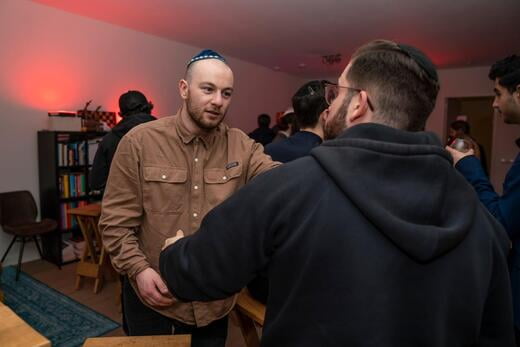Making the world a better place? Sounds like a dream. Indeed, (for many people) it is. How to achieve the goal though? What does it mean to make the world a better place? These are some of the questions that can pop up when you think of Tikkun Olam and its implementation in life.
The aspect of repairing the world can have many meanings. It can be related to lighting up the room with your presence, volunteering in the local shelter for animals, or being a good neighbor, friend, or family member… I could give countless examples of how our daily actions contribute to the world becoming a nice(r) place to be, and I bet you would also find many examples of nice behavior. However, this is not all we can do. We should also try to make our planet a better place to be for new generations to come. The big question that arises with that statement is: how to do it?
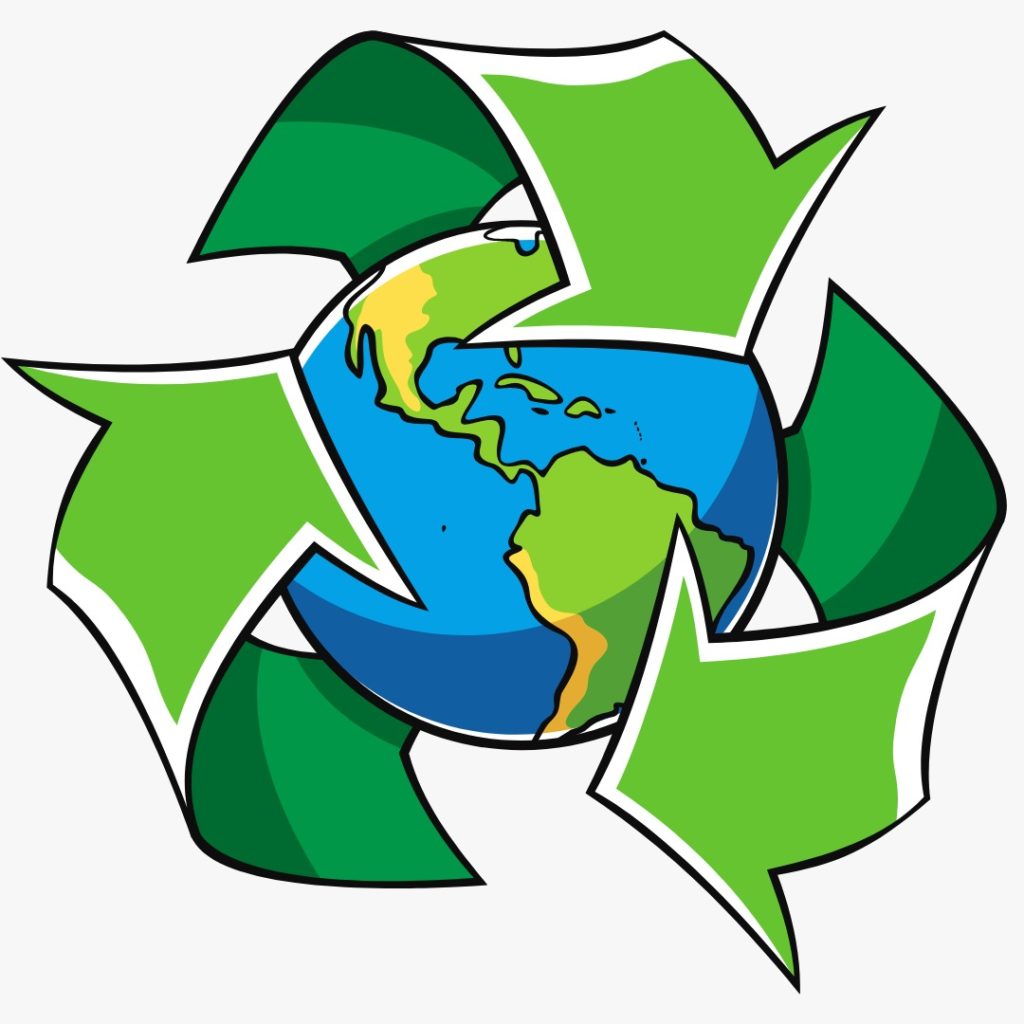
The very general answer to this question would be that “most probably there are many ways”. This answer however does not bring us closer to our goal. The world is changing quickly, and scientific discoveries and inventions are making our life easier, yet more sophisticated. For instance, try not to pick up your smartphone for a day or not to use contactless payments. Moreover, we are using quite a lot of advancements portrayed in different sci-fi movies, like Star Trek for example.
The rapid development in the 20th century also gave us a lot of new materials, which are everywhere around us. They are our friends and enemies, and we do not know the direct impact of those materials on our health. However, we can see piles of junk becoming bigger and bigger, and covering a lot of areas. If only plastics are taken into account, there are areas on our planet that are fully covered with them, like the Great Pacific Garbage Patch. To give you an idea of how big it is, imagine an area three times the size of France filled with garbage (1.6 million square kilometers).
What can we do about these piles of plastic waste in the oceans? These plastics can be collected, for example, which is currently done by the Ocean Cleanup, a non-profit Rotterdam-based foundation.
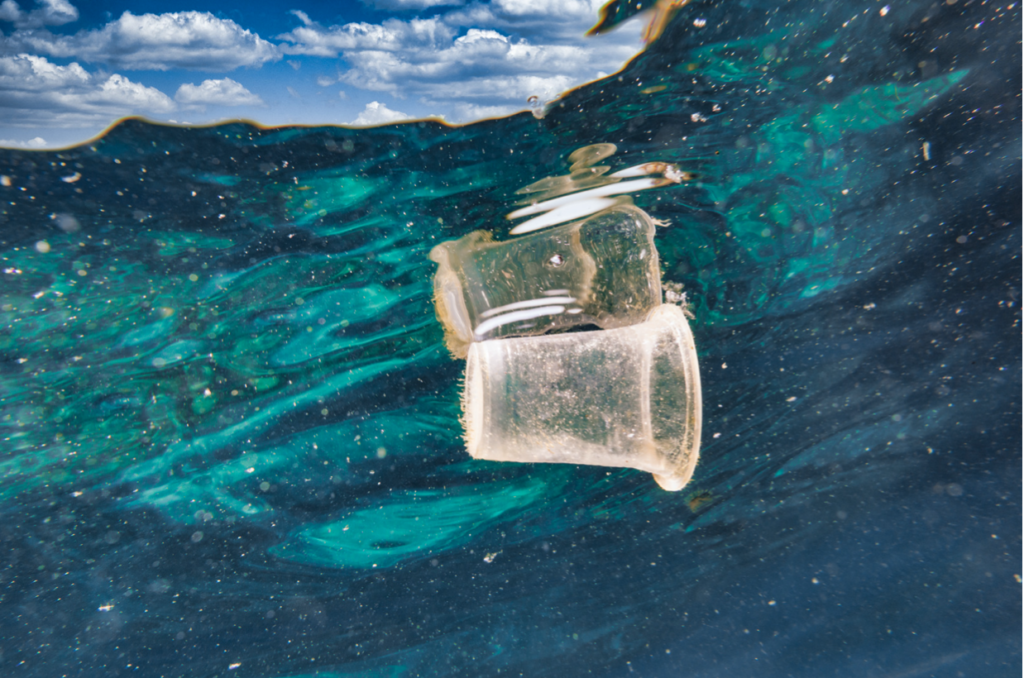
What happens to the collected garbage? Some of the plastics are sorted and recycled, and this can be seen even in the local grocery stores (soft drinks are packed in translucent bottles made of recycled PET). Most of the materials that we use to make our disposables however prove to be cheaper to make than to recycle.
As a researcher, currently doing my PhD in the North of the Netherlands, I am happy to see that we are trying to address the problem of sustainability. However, I am not fully satisfied with our approaches. Tikkun Olam for me would be making our materials in such a way that produces less waste in the process, but ideally, also the material should be recyclable.
Although it may sound like a simple idea, it proves to be a very complex problem. The complexity of this issue is tremendous and starts with the feedstock sources for making new building blocks, then the next issue is the sustainability of the methods used to make sustainable materials, and in the end the durability of the obtained material (and recyclability). However, solving even one of these issues will for sure make the world a better (cleaner) place. This is what we are trying to address in our research in the North, where we are all into sustainable coatings design.
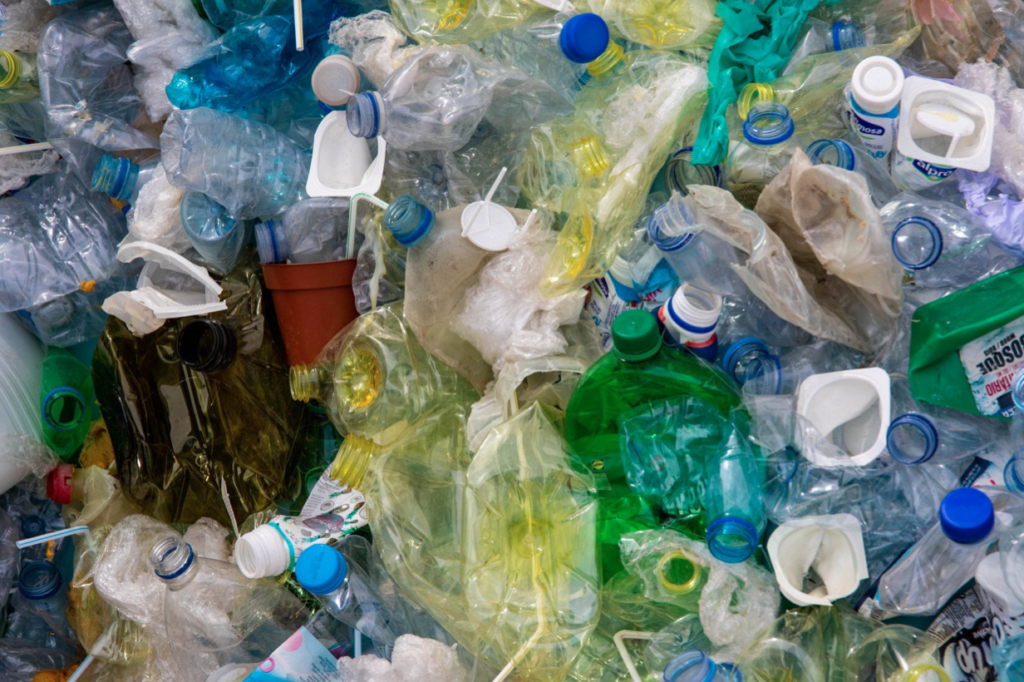
Finding a solution to the sustainability issues will take time. Meanwhile, recycling should be our priority, as well as reducing our daily use of plastics. On average, each of us is producing 50 kg of plastic waste per year and this only accounts for disposables. However, I believe that together we can make the world a better and cleaner place because the next generations do not deserve to live in the garbage bin that we’ve created.
If you want to explore Tikkun Olam further with others from the community, check out our discussion on the forum!

